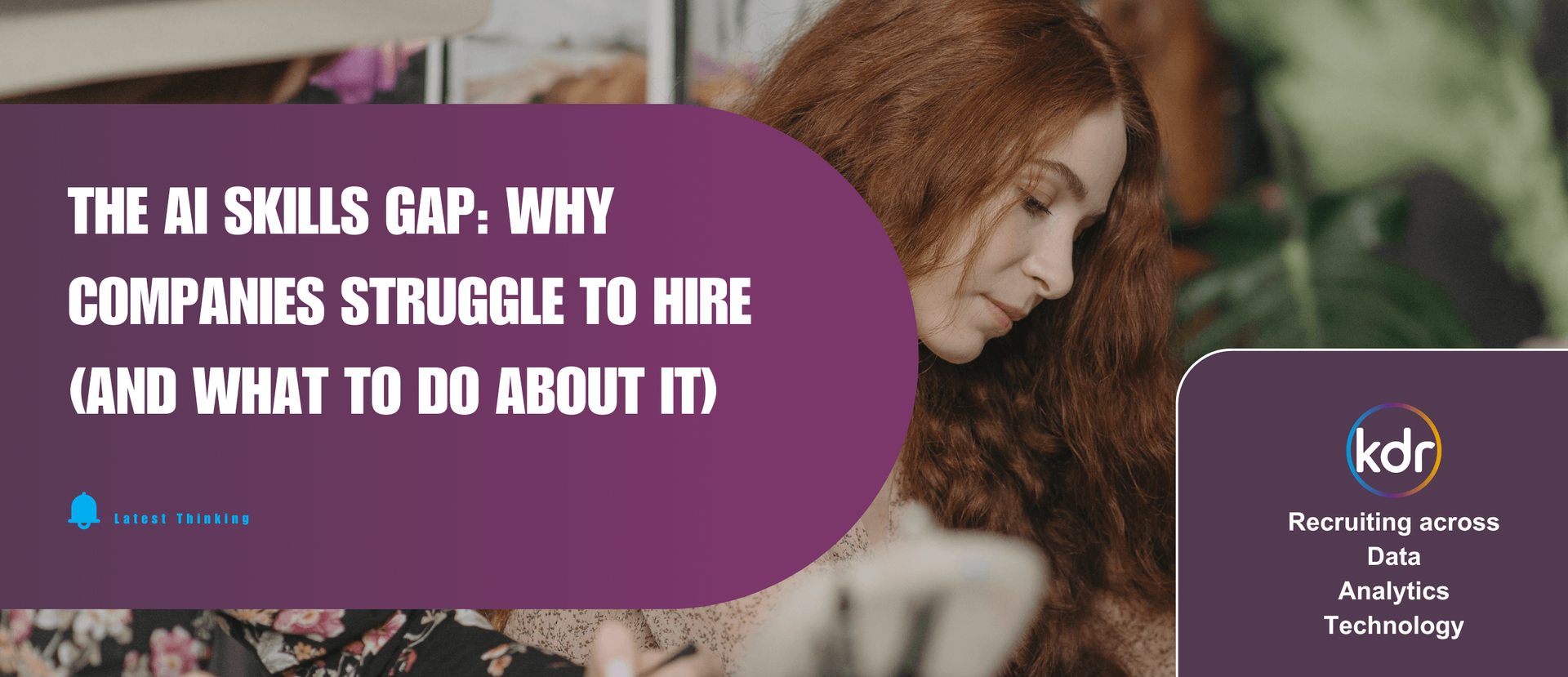What $500 billion investment in AI means for start ups and scale ups
AI has transformed the technological landscape....

AI has transformed the technological landscape, presenting both opportunities and challenges for startups and scale-ups in the United States. As solutions architects, understanding the evolving policy environment is crucial for effectively integrating AI into business models.
The current U.S. AI policy landscape
In January 2025, President Donald Trump announced the "Stargate" private sector deal, a collaboration with tech giants like OpenAI, Oracle, and SoftBank, aiming to invest up to $500 billion in AI infrastructure over the next four years. This project underscores the administration's commitment to bolstering AI capabilities domestically.
Concurrently, an executive order was signed to promote AI development free from ideological bias, emphasizing human flourishing, economic competitiveness, and national security. This order mandates a review of existing policies to eliminate barriers to AI innovation.
Implications for Solutions Architects
For solutions architects in startups and scale-ups, these developments offer several considerations:
The Stargate project signifies substantial investments in AI infrastructure, potentially providing access to advanced resources and partnerships beneficial for emerging companies.
The executive order's focus on removing barriers to AI innovation may lead to a more favorable regulatory climate, encouraging experimentation and rapid deployment of AI solutions.
With increased government support, there is an opportunity to leverage national initiatives to enhance product offerings, ensuring alignment with the latest technological advancements.
Strategic Recommendations
To navigate this evolving landscape:
Stay informed and regularly monitor policy changes and government initiatives to understand their impact on AI development and deployment.
See if there is scope to leverage government programs. Explore opportunities within federal AI projects that may offer support or collaboration prospects for startups.
Despite the push for rapid innovation, maintain a focus on ethical AI practices to ensure long-term sustainability and public trust.
By aligning with national priorities and leveraging available resources, solutions architects can effectively integrate AI into their organizations, driving innovation and growth in the competitive U.S. market.






